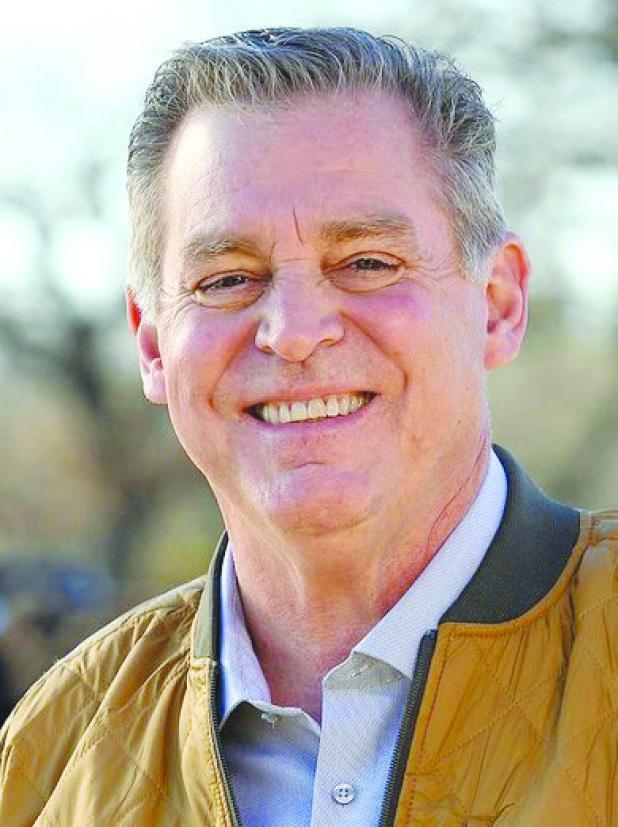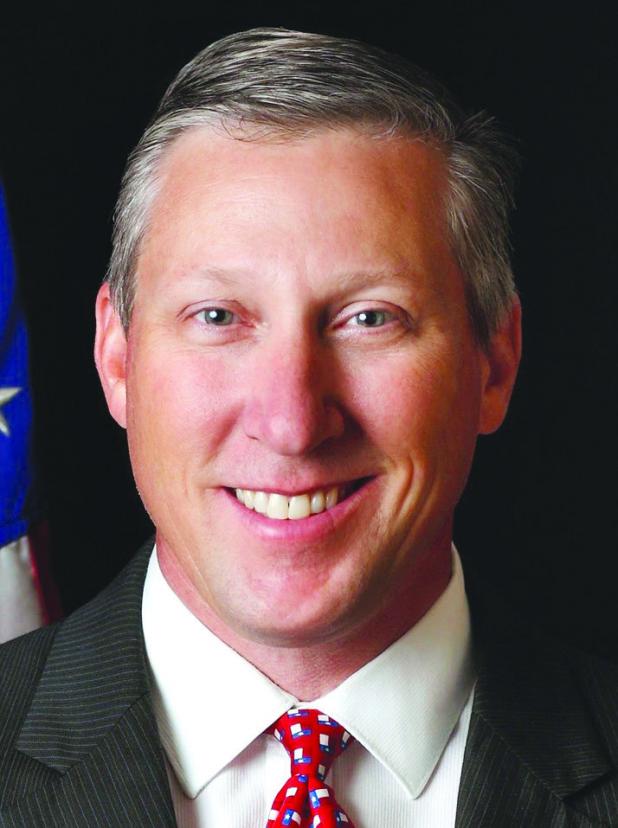

Lawmakers weigh school vouchers at special session
State lawmakers who represent Olney were divided on whether they would support legislation to allow public funds to be diverted to pay for homeschooling or private schools in a “school voucher” or “education savings accounts” favored by state leaders but opposed by local school officials.
State Sen. Drew Springer and state Rep. David Spiller arrived in Austin this week for a special session called by Gov. Greg Abbott to pass a voucher scheme – a policy favored by wealthy pro-voucher political contributors and conservative evangelical activists.
Lawmakers arrived in Austin to find that no legislation had been formulated or introduced so Olney’s representatives could not comment on their positions on school vouchers or ESAs.
During the regular session that ended in June, Mr. Spiller said school voucher legislation that would have allowed parents to use state funds to pay for private schools or to homeschool their children never made it to the floor for a vote. He said he does not plan on supporting any program that diminishes funding for the 67 public school systems or five charter schools in his district. “There are a lot of public school people who are concerned these bills will result in less compensation for our rural school district and I want to make sure that’s not the case,” he said. “I have nine private schools in my district and I am sympathetic to their concerns and I want parents to make the best choice they can for their kids.”
The USA Transparency website, which tracks political donations, showed that Mr. Springer received a $10,000 donation from a political action committee called Family Empowerment Coalition PAC. The PAC said in a social media post that its purpose is to “raise awareness and provide political support for lawmakers from any party that vote with families” and that it “will be active in the 2024 elections to educate voters on which lawmakers stood with voters in meaningful school choice legislation, defending these legislators from attacks from attacks coming from those seeking to limit parental involvement.”
“I’m fighting to make sure our schools are properly funded, our teachers get a raise, and parents have their God-given right to choose what is best for their children,” Mr. Spiller said.
Dr. Greg Roach, superintendent of Olney Independent School District, has repeatedly spoken with both representatives to voice OISD’s opposition to using public school funds to finance private schools or homeschooling. He also was disappointed to see no agenda item for increasing teacher salaries.
“They don’t have anything on the docket right now to do a thing for teachers - it’s only the vouchers or savings accounts,” Dr. Roach said. “We just don’t see how [vouchers] is not going to end up diverting money that would go to public schools to private schools. We don’t know what kind of deal they are going to create for that but if they could spend the money there they could take the money and spend it on public education. We don’t understand the big push.”
Olney High School was ranked top in the nation in 2022 and 2023 U.S. News & World Report. The Olney ISD received an accountability rating of ‘A’ from the Texas Education Agency in 2021-22. Although between 60-70 percent of Olney students are considered of low socioeconomic status and at-risk for dropping out of school, longitudinal statistics show that the district regularly has less than one percent of students fail to complete high school.
The session agenda does not, however, include much-needed pay increases for teachers or higher funding for Texas public schools, which rank 36th in the nation for per-pupil spending. The Texas American Federation of Teachers was hoping for an increase in teacher salaries and the basic allotment, the state’s per-student contribution to local public schools. The basic allotment has been stuck at $6,160 since the 2019-2020 school year.
If lawmakers adjusted the basic allotment for inflation using the Bureau of Labor Statistics Consumer Price Index (CPI), the basic allotment would be $7,075 per student and schools would have received an additional $4 billion in state funding during the last two academic years, Texas AFT said. An increase in the basic allotment would trigger salary increases for teachers and support staff, the Texas AFT said. The 2023 minimum salary for Texas classroom teachers, fulltime librarians, full-time counselors, and full-time registered nurses starts at $33,660 for zero years of experience and tops out at $54,540, according to the Texas Education Agency website.
That’s an average of $7,449 less than the national average teacher salary, the Texas AFT said.
“Teachers need a raise. I would like to see that salary scale bumped about $12,000 a year across the board,” Dr. Roach said. “I honestly think you start a teacher out of [college], their base pay ought to be $40,000 to $50,000 a year and after they’ve been teaching 30 years they should be making $100,000. I think running a $100,000 pay scale for classroom teachers would be appropriate. All we want to do is to tend kids, teach school, and do it at a reasonable salary. That’s all anybody in this profession wants. Nobody is in this profession to get rich.”
